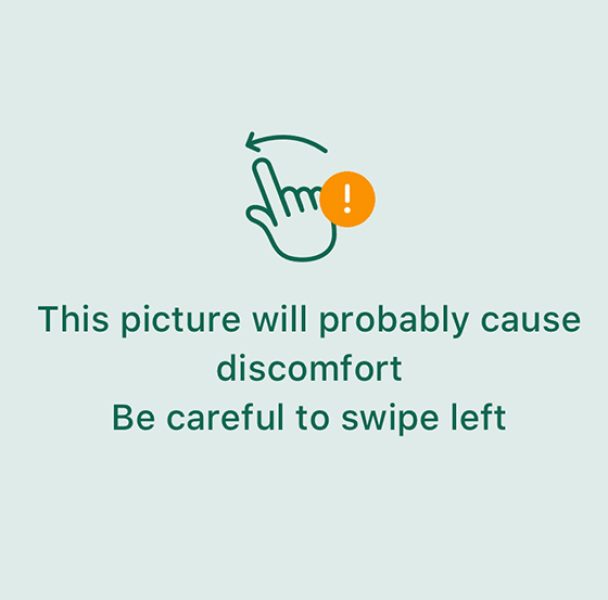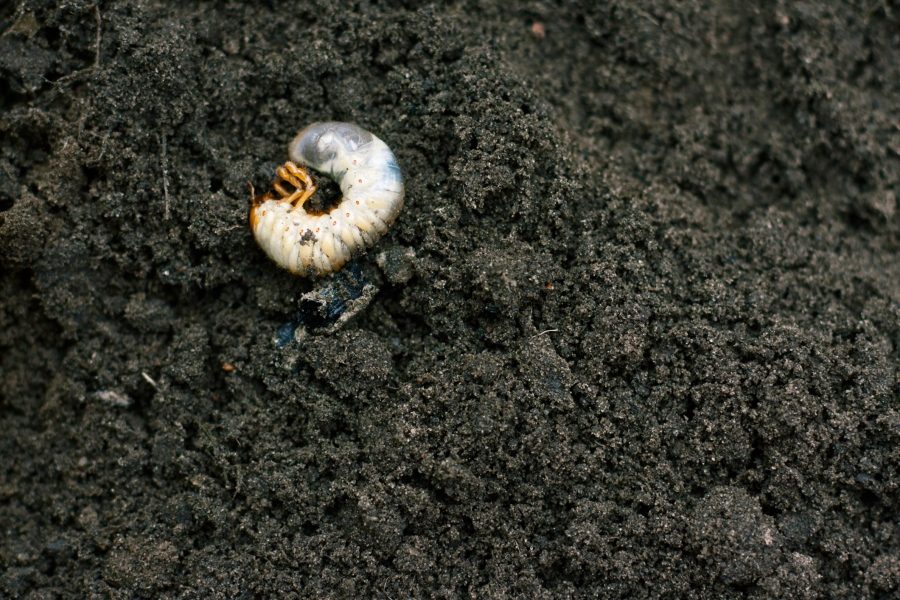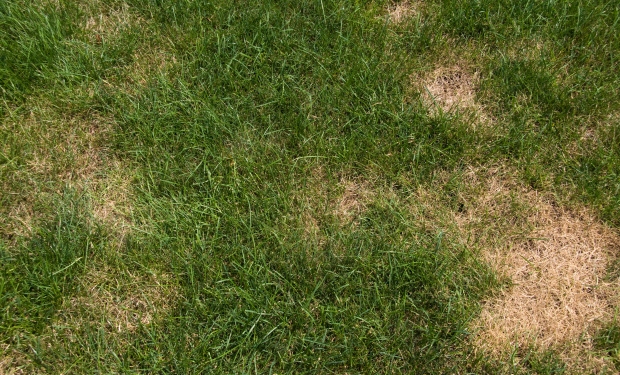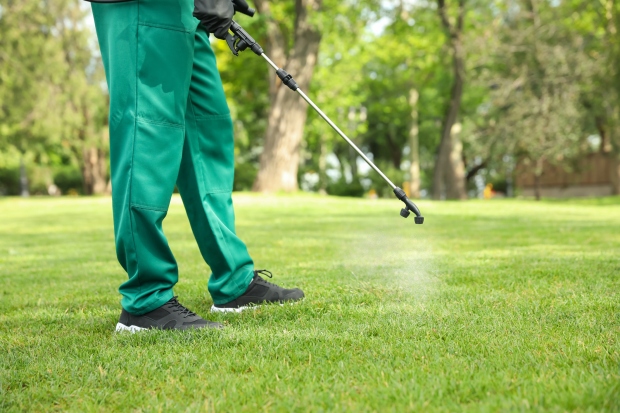Common Lawn Pests
Pest infestations can be a challenge for nearly any plant you grow. Unfortunately, lawns are not immune from the harm that insects can cause. In this chapter, we’ll tell you about a few of the most common lawn pests and give you some advice on how to get rid of them.

What Are the Most Common Lawn Pests?
There are numerous insects that can affect your lawn’s health. However, some bugs are more common than others, and these are some of the most prevalent ones:
- Grubs
- Chinch bugs
- Cutworms
- Sod webworms
- Armyworms
- Billbugs
- Grasshoppers


Some of these pests live above ground and affect the blades of your grass, while others live below ground and attack the roots. However, treatment for both types is usually the same.
How Can You Tell if You Have Lawn Pests?
If you have above-ground lawn pests, they may be visible to the naked eye, but it is more likely that you’ll notice the damage they cause first. Above-ground pests will cause your lawn to turn brown and yellow. You’ll probably see visible bite marks on the grass blades if you take a close look.

Below-ground lawn pests are somewhat harder to notice since they are rarely visible. One sure sign that you have below-ground pests is if you find patches of lawn that are easy to lift from the soil. When you can pick up large turf patches with ease, it is likely because a pest has eaten all the roots that were responsible for forming a strong connection to the ground.
What is the Best Way to Get Rid of Lawn Pests?
Treating your lawn when it has a pest infestation is relatively simple, no matter what type of pest is causing the issue. The most effective approach is to apply an insecticide product to your lawn to kill these pests.
Lawn insecticides come in several forms, including granular and spray insecticides. If you use granular insecticide, you can use a spreader to spread it throughout your lawn the same way you would with granular fertilizer.

If you use an insecticide spray, wait until there is a calm, windless day so that you can control the spray easily. You should also wear protective clothing, including glasses and gloves, to avoid contact with any harmful chemicals.
Lawns often respond best to fertilizer when they are a bit dry. So, plan your insecticide treatment for when there is no rain in the forecast. Generally, you should also keep off your grass for at least 24 hours after applying the insecticide.
